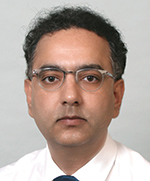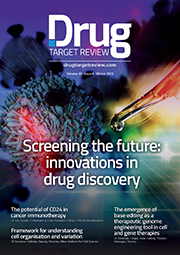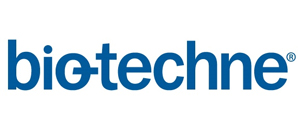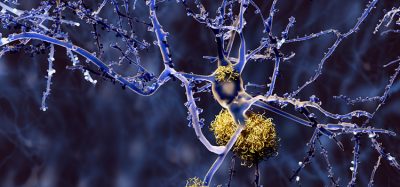Recent advances in diagnostics and treatments – from small molecules to cellular therapies
With recent advances in medicine, cellular therapies are one step closer to becoming a reality where re-programmed cells, tissues and organs can be used as therapeutic agents. This webinar discussed the journey of medical treatments from small molecule to cellular therapies…
ABOUT THIS WEBINAR
The majority of clinically approved medicines are synthetic small molecules that modulate target activity, usually by inhibiting the function of a single protein. A fraction of these small molecule medicines exert their therapeutic effect by activating protein targets and disrupting protein-protein interactions. In contrast, biological drugs are relatively large and complex molecules which are generally made in genetically engineered cells that allow for variabilities in post-translation modifications which can give them an edge over biosimilars. With recent advances in medicine, cellular therapies are one step closer to becoming a reality where re-programmed cells, tissues and organs can be used as therapeutic agents.
During this webinar, a number of topics that relate to the discovery and development of therapeutics were covered:
- An overview of the pre-clinical milestones and the current status of the global drug pipeline and a description of a number of novel drugs undergoing clinical trials was presented.
- A case study drug discovery project that was successfully progressed from target identification through to drug approval was be illustrated by PCSK9, a novel cardiovascular disease target.
- Examples of experimental techniques that have been developed to accelerate, de-risk and identify off-target effects at an early stage in drug discovery were discussed. The use of such a broad range of experimental techniques has enabled the evaluation of novel cellular therapies such as re-programmed cells, tissues and organs as potential therapeutic agents.
KEYNOTE SPEAKER
Sheraz Gul, Head of Drug Discovery at the Fraunhofer Institute for Molecular Biology and Applied Ecology


The rest of this content is restricted - login or subscribe free to access


Why subscribe? Join our growing community of thousands of industry professionals and gain access to:
- quarterly issues in print and/or digital format
- case studies, whitepapers, webinars and industry-leading content
- breaking news and features
- our extensive online archive of thousands of articles and years of past issues
- ...And it's all free!
Click here to Subscribe today Login here
Related topics
Drug Discovery, Drug Discovery Processes, Hit-to-Lead, Molecular Biology, Molecular Targets, Personalised Medicine, Protein, Research & Development, Screening, Small molecule, Therapeutics, Translational Science
Related organisations
Bio-Techne









This webinar is now available to watch on-demand.